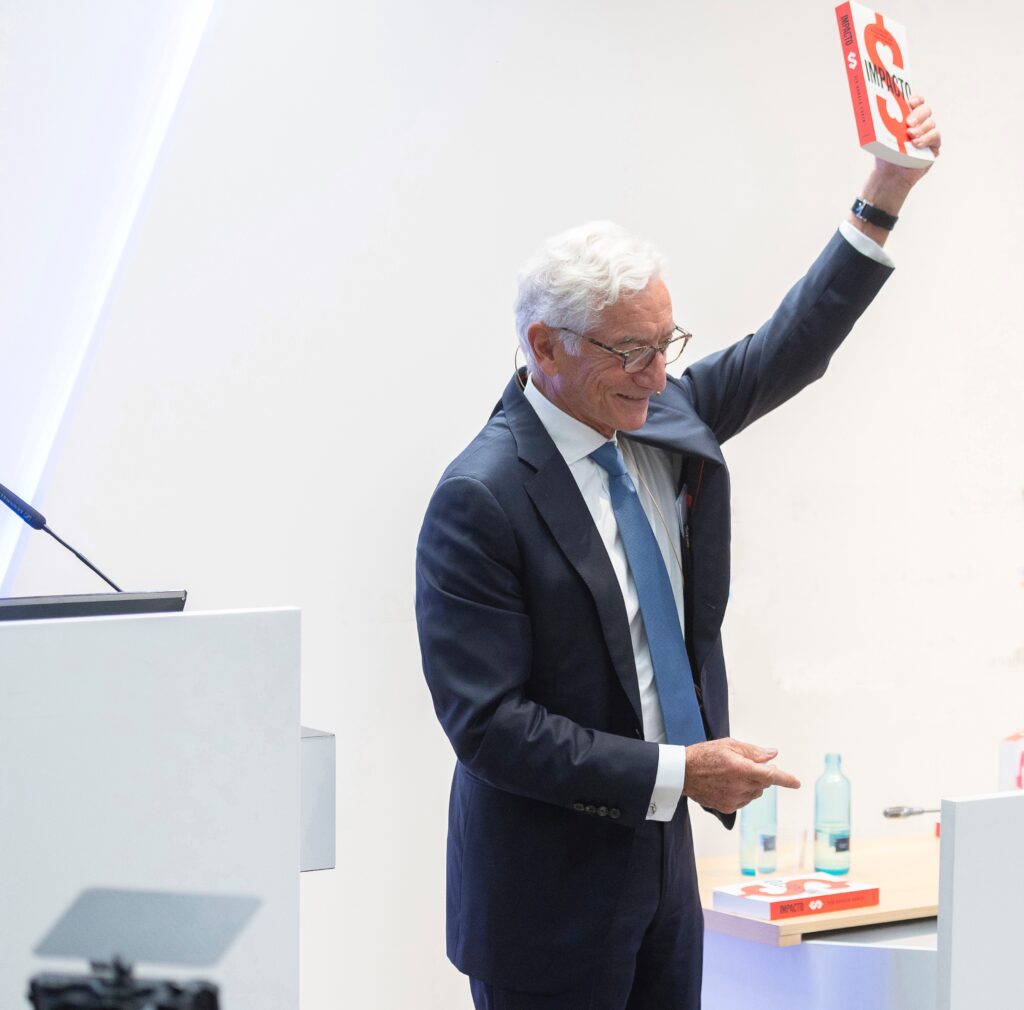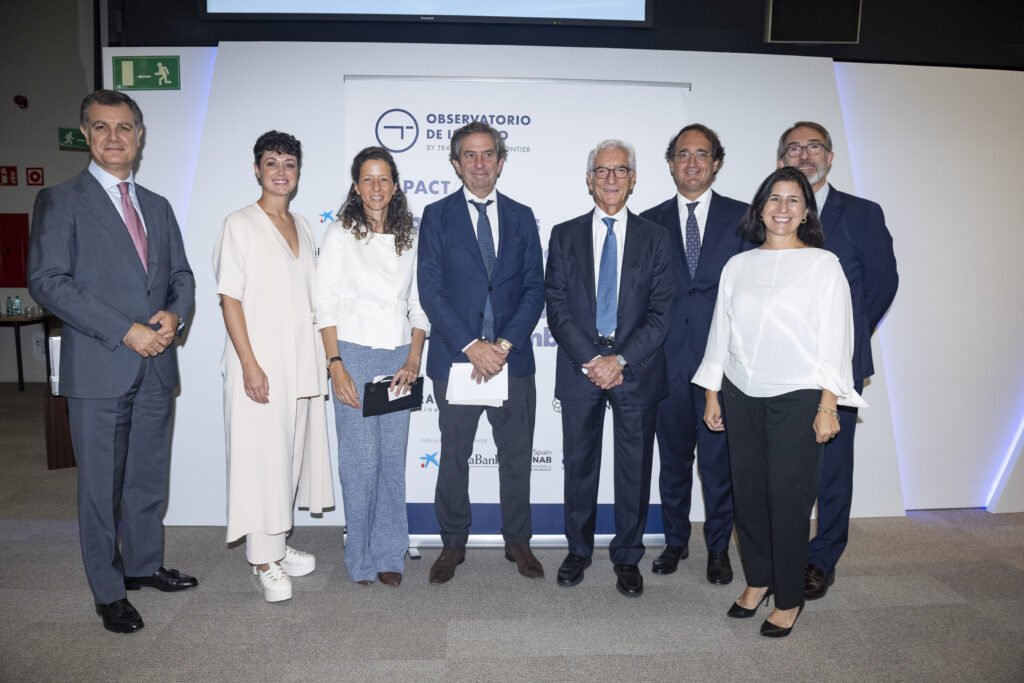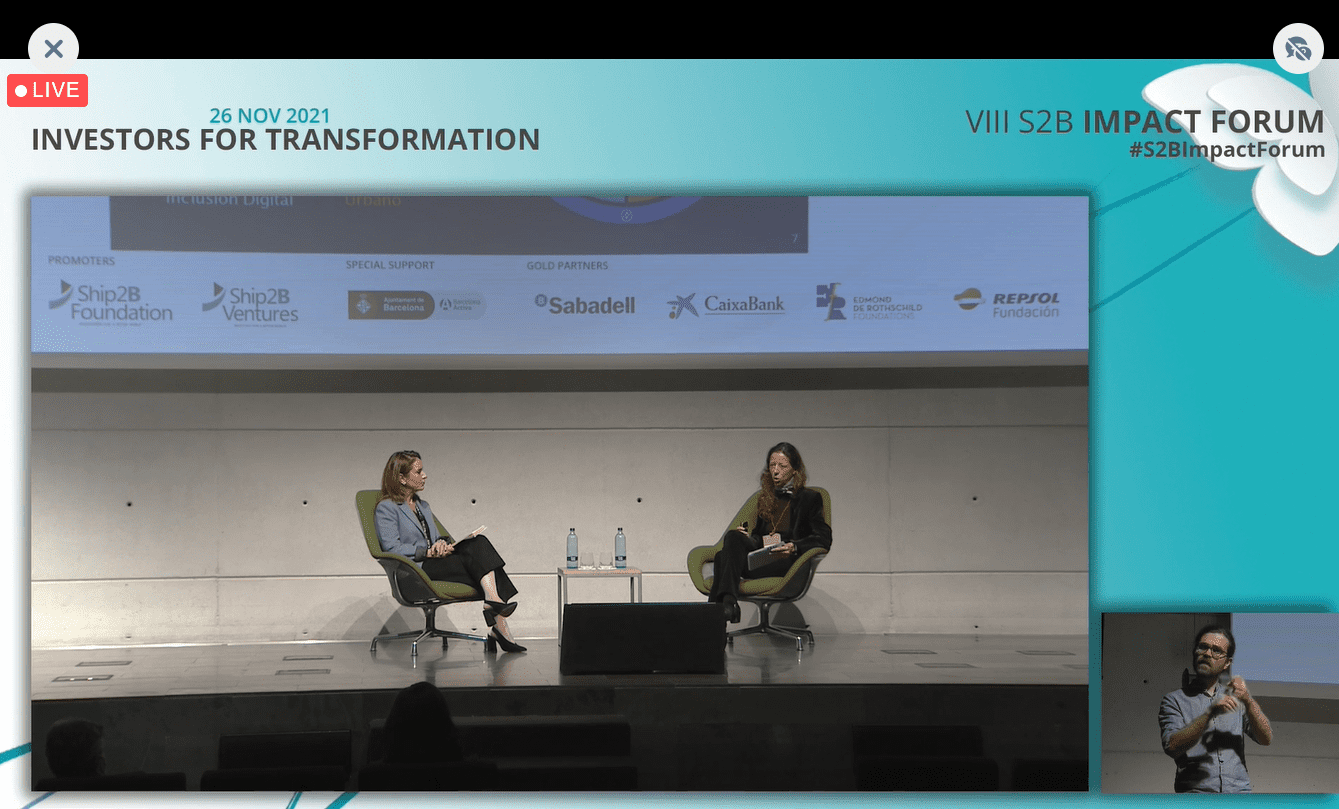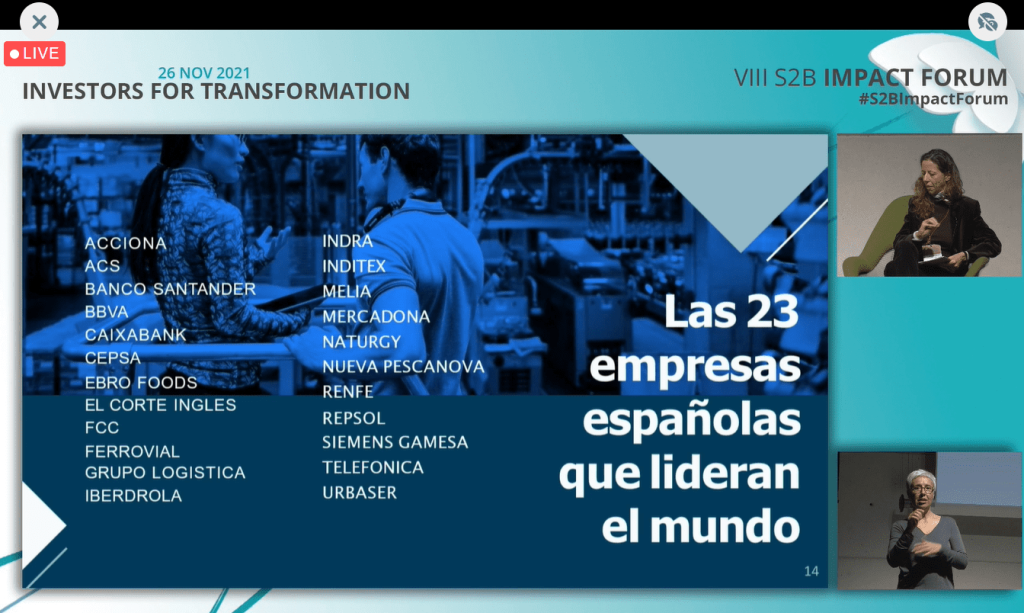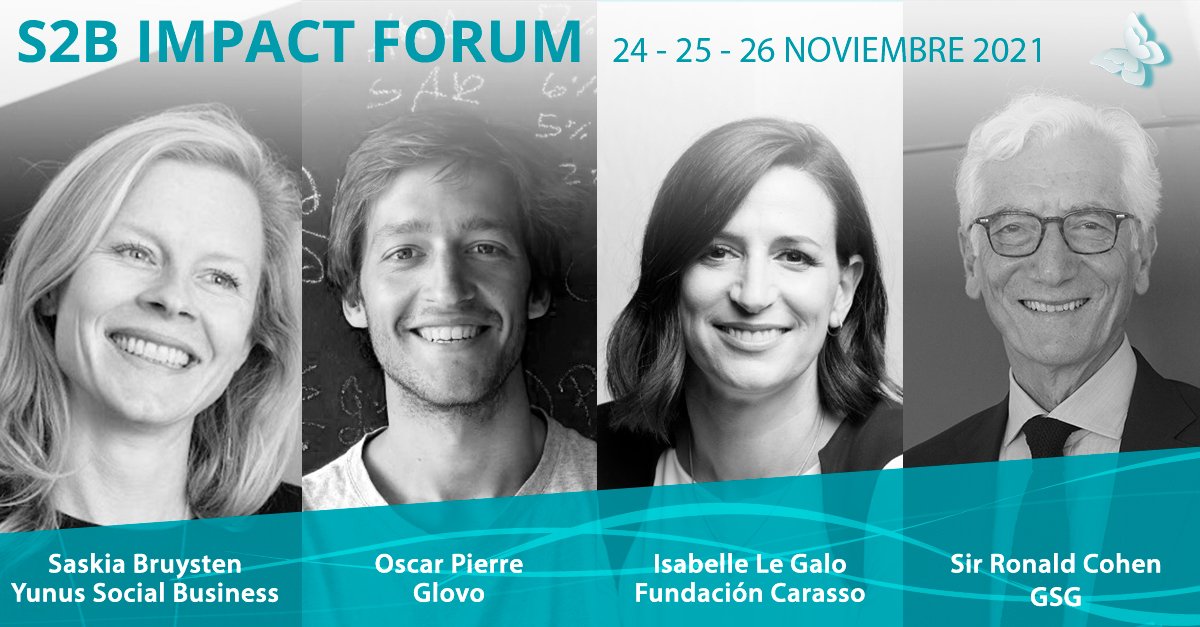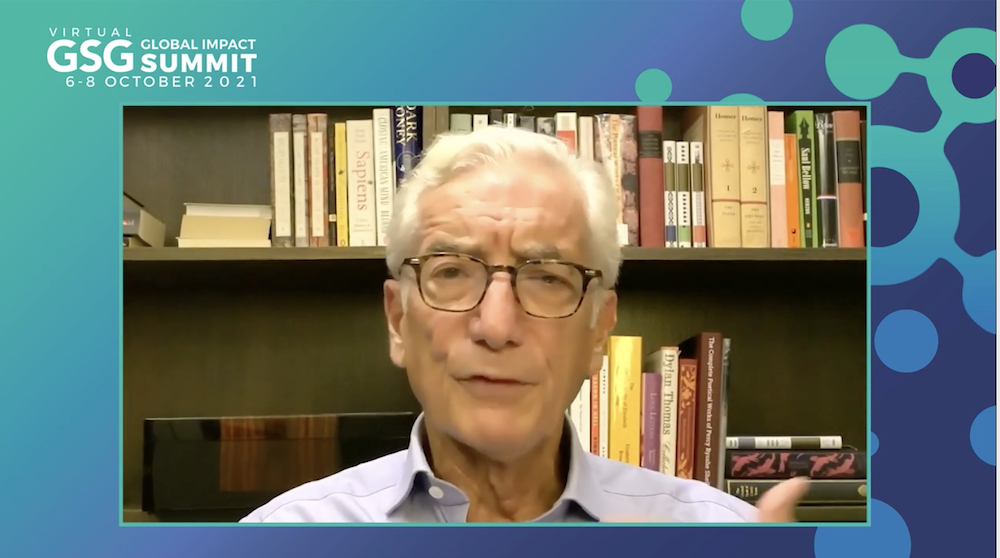Sustainable investment is undoubtedly a key lever to drive the business paradigm shift. However, it is increasingly important to have transparency to ensure that these investment flows are truly directed towards sustainable assets. In this regard, we believe that the European taxonomy will bring clarity and allow investors to focus their efforts on investments that truly address social and environmental issues.
We share with you the article written by Kenneth P. Tucker where he talks very graphically about this ESG bubble and the importance of alignment between investment flows, corporate engagement, along with citizen action and more urgent and aggressive government policy to change the mindset and rules of the system.
Article "A trillion-dollar fantasy" by Kenneth P. Tucker
The National Oceanic and Atmospheric Administration Observatory on Mauna Loa, Hawaii, reported that carbon dioxide levels in the atmosphere had reached 419 parts per million, the highest levels recorded in more than 4 million years.
On the same day, BlackRock, the world's largest asset manager, announced another milestone: it had raised $1.25 billion for its US carbon transition investment fund. The largest exchange traded fund in history. The fund is a reflection of what BlackRock CEO Larry Fink communicates to his clients: "we don't see business as a passive observer" when it comes to combating climate change.
Seeing the world's largest asset manager act as a social and environmental agent should be cause for optimism. Instead, it represents a kind of Kabuki play in five acts, according to Kenneth P. Pucker.
- Act I: Companies realise their responsibility to address growing social and environmental challenges.
- Act II: The academic class begins to do research on the subject.
- Act III: Rating agencies, consultants and other financial institutions are rushing to create environmental, social and governance (ESG) products, highlighting the opportunity for companies and investors to achieve superior financial performance and social and environmental impact. It's a win-win circle.
- Act IV: Investors are slow to recognise that ESG investing, as currently practised, is unlikely to lead to higher financial returns and, for the most part, do not care about the impact on the planet.
- Act V: Awakening to the opportunities and limits of investment to address growing social and environmental challenges.
Where are we right now? We are at the intermission after the third act. As ESG investing has accelerated, the planet has experienced the two warmest decades on record, Antarctica has melted, income inequality in the US has soared and species have been disappearing at a rate not seen for millennia. The Dow Jones Industrials are hitting new highs and asset managers are charging high fees to monitor an increasingly popular new investment category: ESG investing.
This is what is wrong. Investors are finally getting serious about ESG investing. But, as currently practised, most ESG investments have little or no social or environmental impact.
Companies wake up
Timberland, a shoe and apparel company then worth billions of dollars, was at the forefront of a cohort of companies committed to society and the environment. The company expanded one of the first corporate social responsibility (CSR) reports in 2002, paid employees for 40 hours of community service and installed renewable energy at its distribution centre and corporate headquarters. Timberland believed that business had a role to play in addressing growing social and environmental challenges.
Despite Timberland's incipient efforts, the prevailing mood in business, academia and Wall Street at the time was that Corporate Social Responsibility was, at best, a distraction.
Undeterred, early practitioners of Corporate Sustainability were supported by a growing group of NGOs and consultants eager to help companies define and report on their social and environmental impact.
In 1997, the Global Reporting Initiative (GRI) with the support of the United Nations Environment Programme to create the first comprehensive sustainability reporting framework. "In the early 2000s, there was a belief that sustainability disclosure was the missing ingredient," says Ralph Thurm, former chief operating officer of GRI. "Data would allow consumers and investors to put pressure on companies to become more sustainable, delivering benefits to people and the planet."
Over time, Wall Street's view of social and environmental issues shifted from enmity to indifference.
Investigations begin
A 2012 study began to change investor sentiment. This collaborative study between academics at Harvard and London business schools examined 90 "twin" companies, each in the same industry (e.g. Walmart and Kmart Corp.), one classified as "high sustainability" and the other as "low sustainability".
During the first six years, the share price movements of high and low sustainability companies were almost identical. However, when compared over an 18-year period, the authors found that high sustainability companies outperformed low sustainability companies by an average of 480 basis points.
How research fuelled a marketing blitz
Armed with these studies, Wall Street's sales engine kicked into gear. Goldman Sachs and BlackRock made acquisitions and new hires to support the launch of new ESG investment products, and research by Morgan Stanley and others "helped dispel concerns that investors have to sacrifice returns to do good", as The Wall Street Journal wrote in 2016. Investment firms collectively went from denying sustainability to becoming fierce advocates of it.
It is hard to overstate the change in fund flows that this win-win narrative has generated. Just five years ago, the term ESG investing was still fairly new. Now, according to the Global Sustainable Investment Alliance (GSIA), in the last two years, contributions to ESG funds have almost doubled those to other equities. Over the past two years, ESG fund inflows have almost doubled over the past two years compared to all other equities.
Unknown market size is a warning sign
There is no common definition or legal framework for ESG assets. According to the Financial Times, "ESG is, in many ways, a bank's marketing dream, precisely because it is so vaguely defined".
With no security barriers, asset managers can construct ESG-branded portfolios in any way they wish.
Regulators, particularly in Europe where ESG has a longer history, understand that this cannot continue unchecked. In Brussels, the European Union is working towards a taxonomy governing what can be marketed as a sustainable or ESG asset.
In the US, the Securities and Exchange Commission has created a task force on climate and ESG, and the CFA Institute is drafting a new set of standards for asset managers. Meanwhile, greenwashing in the asset management industry continues unabated.
ESG ratings and investment are not designed to promote environmental and social impact.
Sustainability reporting did not present systemic challenges. ESG investment, as currently practised, will not either.
Waking up: there is evidence that finance can be a source of positive environmental change
Beyond the ESG game, there is good news. Pressure from investors and citizens has led more than 1,000 companies to commit to science-based targets to deliver environmental outcomes to protect the planet. Both companies and countries have recently accelerated their commitments to net zero carbon emissions targets. Japan and the EU have committed to becoming net zero by 2050 and China by 2060.
At the same time, drastic reductions in renewable energy and battery prices make it uneconomical to add new fossil fuel capacity in most parts of the world. Government support for technologies such as hydrogen energy, regenerative agriculture and plastics recycling, and a more widely shared urgency to address environmental disruption, is driving the flow of capital into climate technology solutions such as batteries and clean cement and steel. This is producing exciting and transformative solutions in fields including renewable energy, bio-based materials and transport.
Investors and shareholders are also demonstrating that finance can be a source of positive social and environmental impact.
Three questions ESG investors should ask themselves
Until these tools are widely adopted, investors seeking ESG impact should ask asset managers three simple questions to determine the likelihood that a fund is designed to generate positive environmental and social outcomes:
1. What percentage of your fund is dedicated to environmental or social solutions?
2. How do you measure environmental and social impact?
3. How do you assess the fund manager's performance?
The answers to these questions will help to distinguish the wheat from the chaff and to distinguish ESG-marketed funds from ESG-committed funds.
The private sector will need to be an increasingly active and authentic partner in addressing social and environmental challenges. However, governments and policies must lead these challenges.
To do so requires new rules, including carbon and water pricing that reflects social costs, clean electricity mandates, commitments to take internal combustion engine vehicles off the road, fair and enforceable taxes on corporations and individuals, and incentives for new solutions for sectors that are difficult to decarbonise.
The EU's Green New Deal financing linked to each country's environmental progress is a model to emulate, while the United States' re-entry into the global community by making aggressive commitments to electrify and decarbonise is good news. This is how the ESG bubble burst.
So is the increased investor preference for ESG assets and efforts to standardise sustainability reporting and regulate ESG investing. That said, do not expect these changes to adequately address social and environmental issues. That work must also come from citizen action and a more urgent and aggressive coordinated government policy to change the mindset and rules of the system.
Source: Kenneth P. Pucker, Institutional Investor "The trillion dollar fantasy
Find out more on the Transcendent blog!
